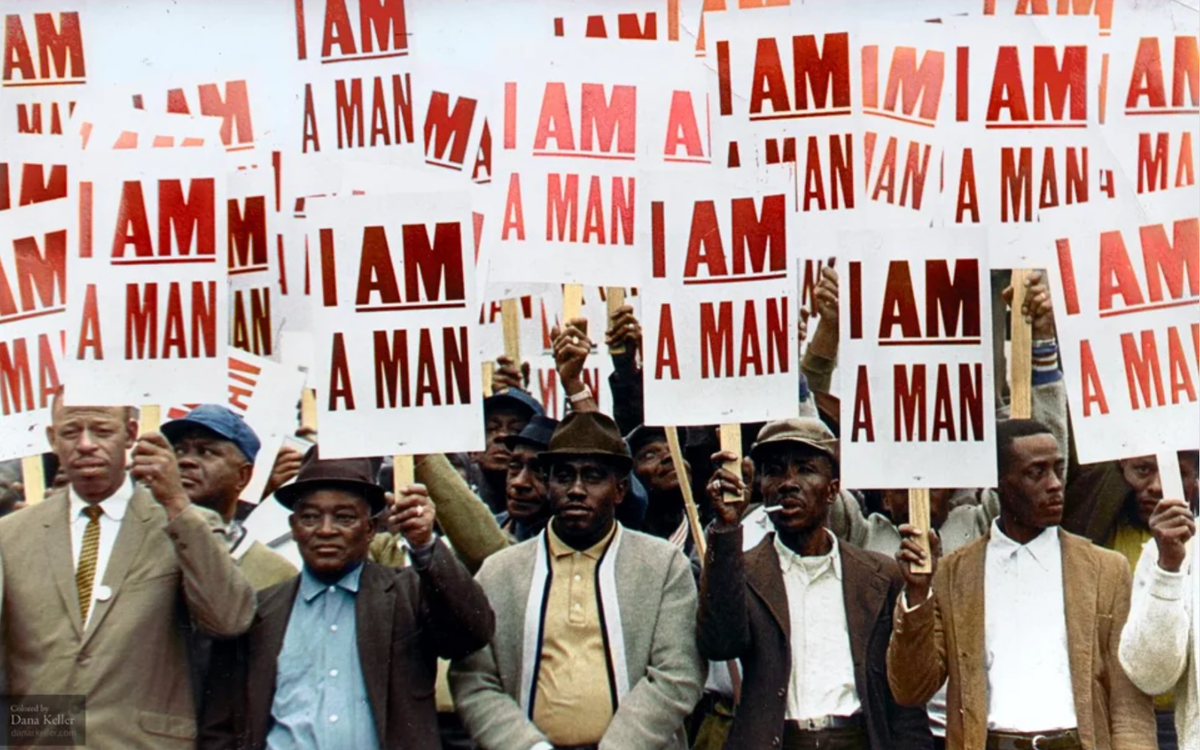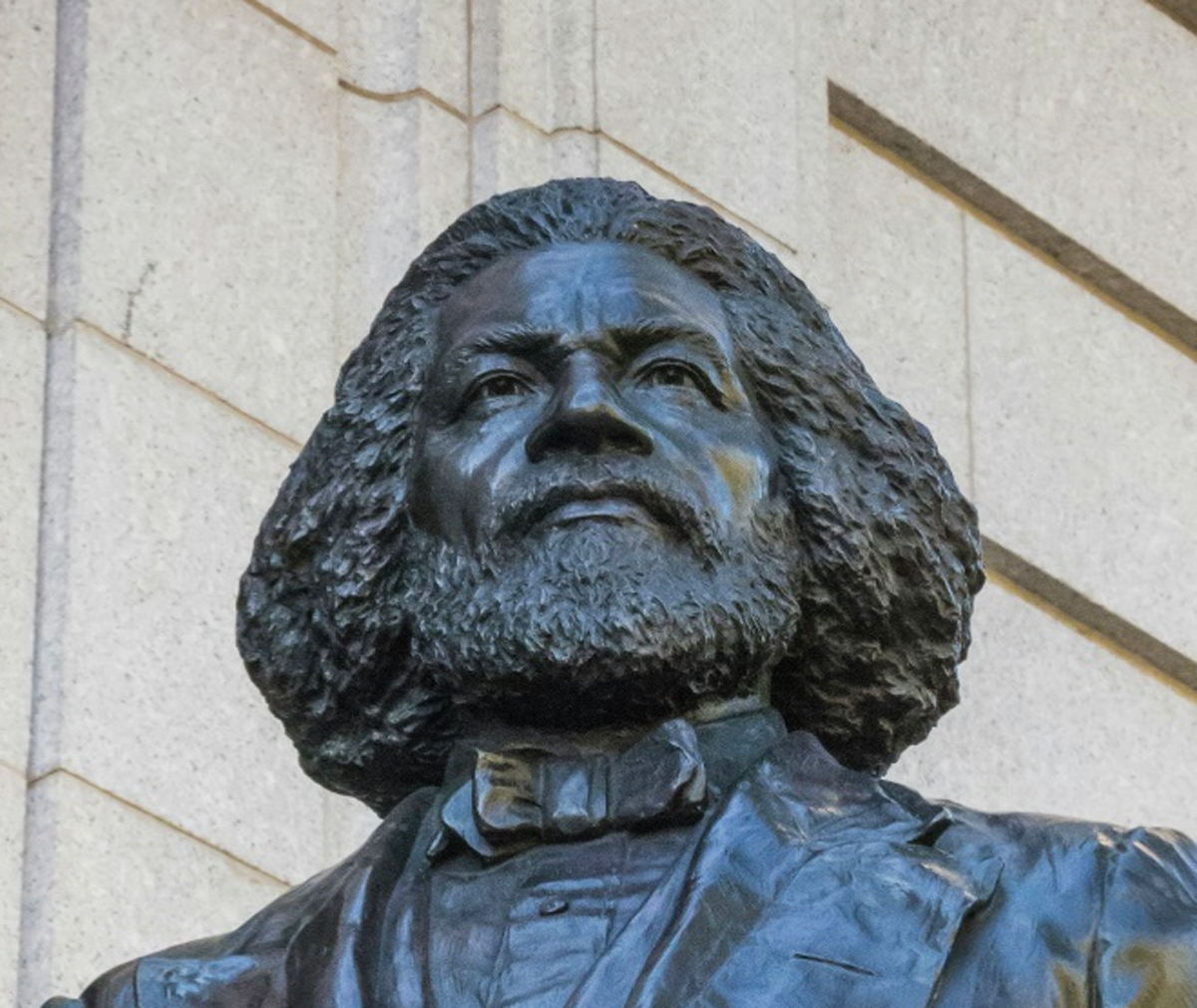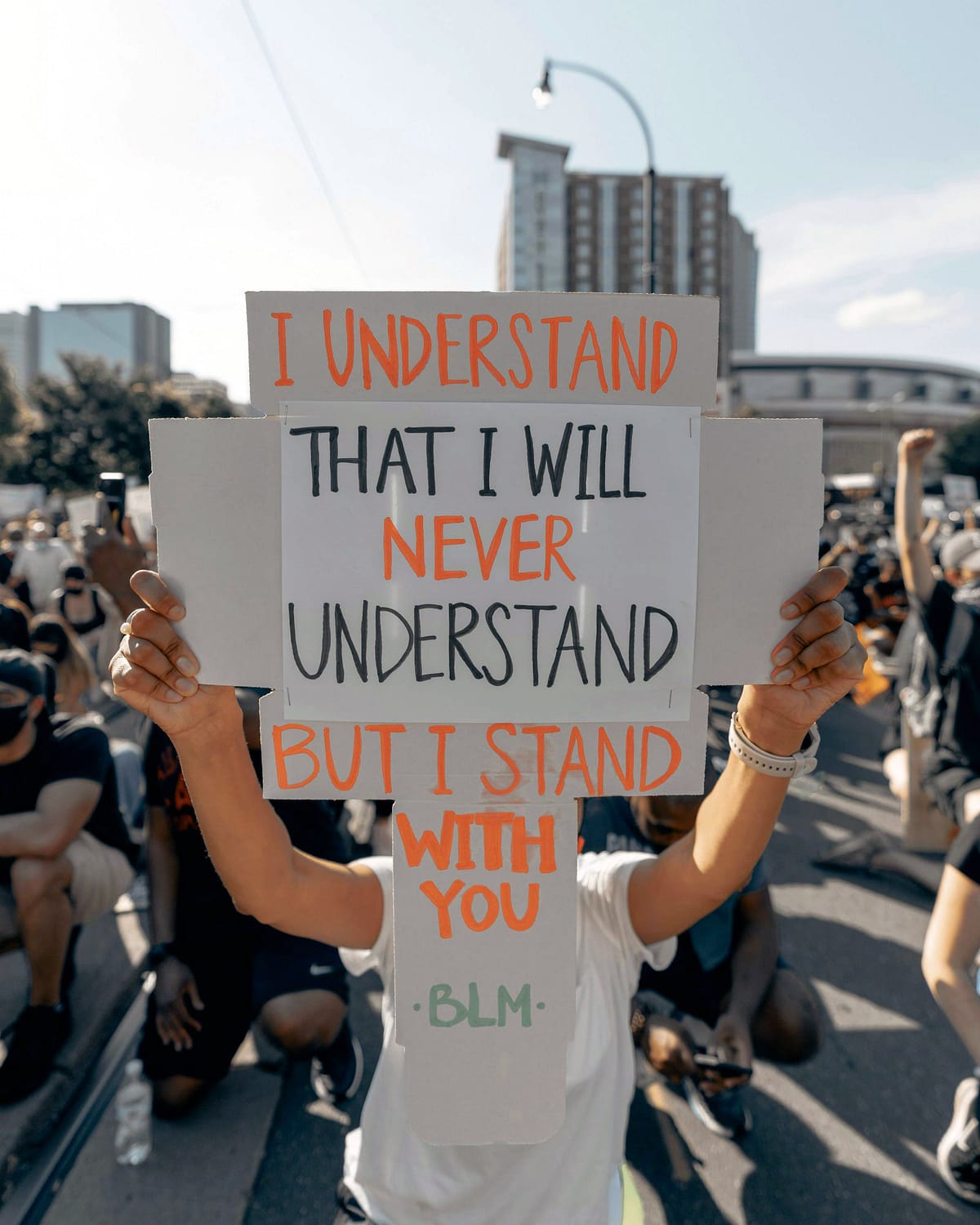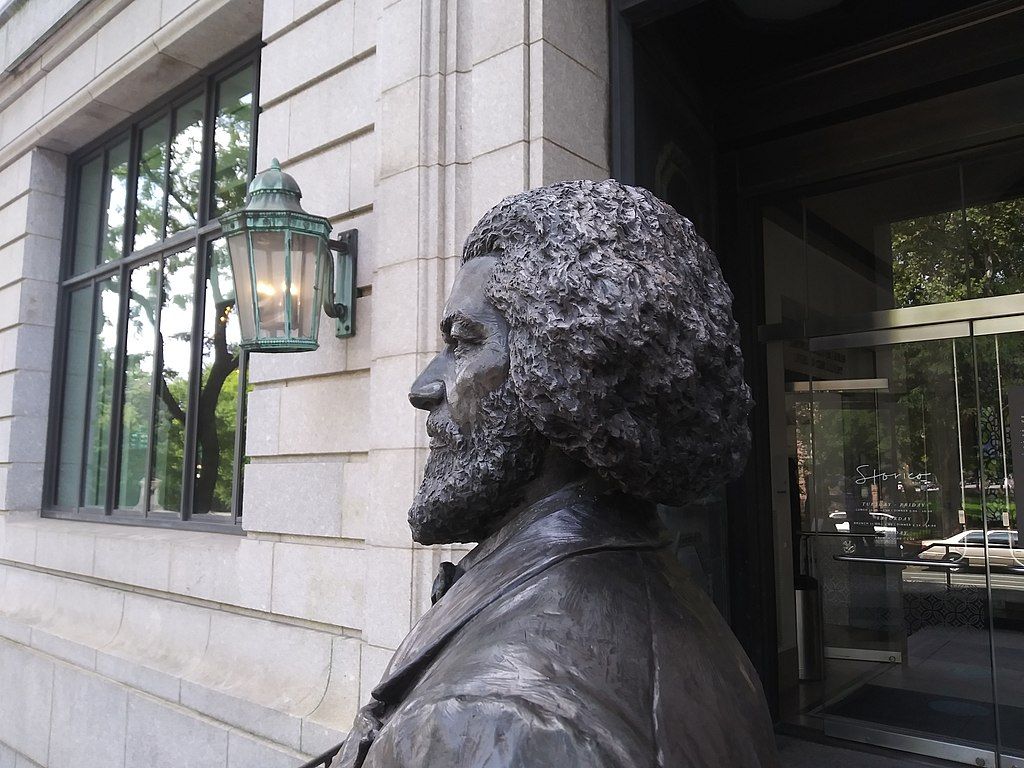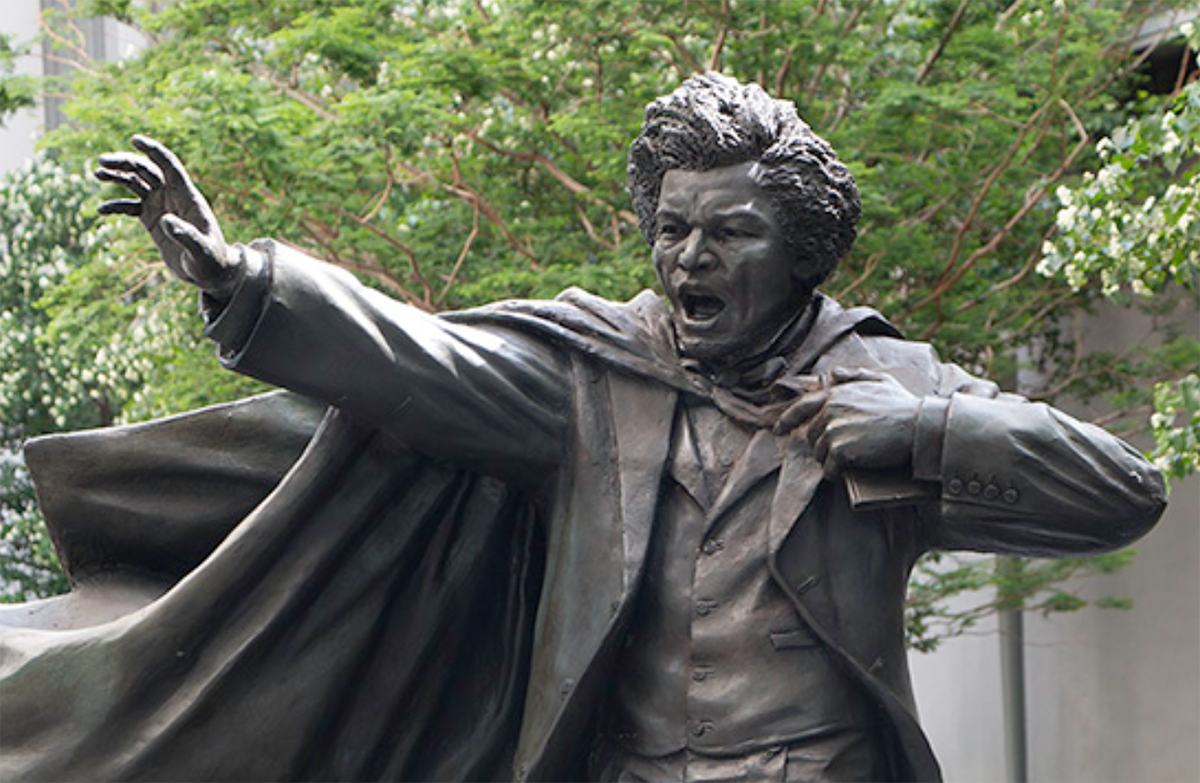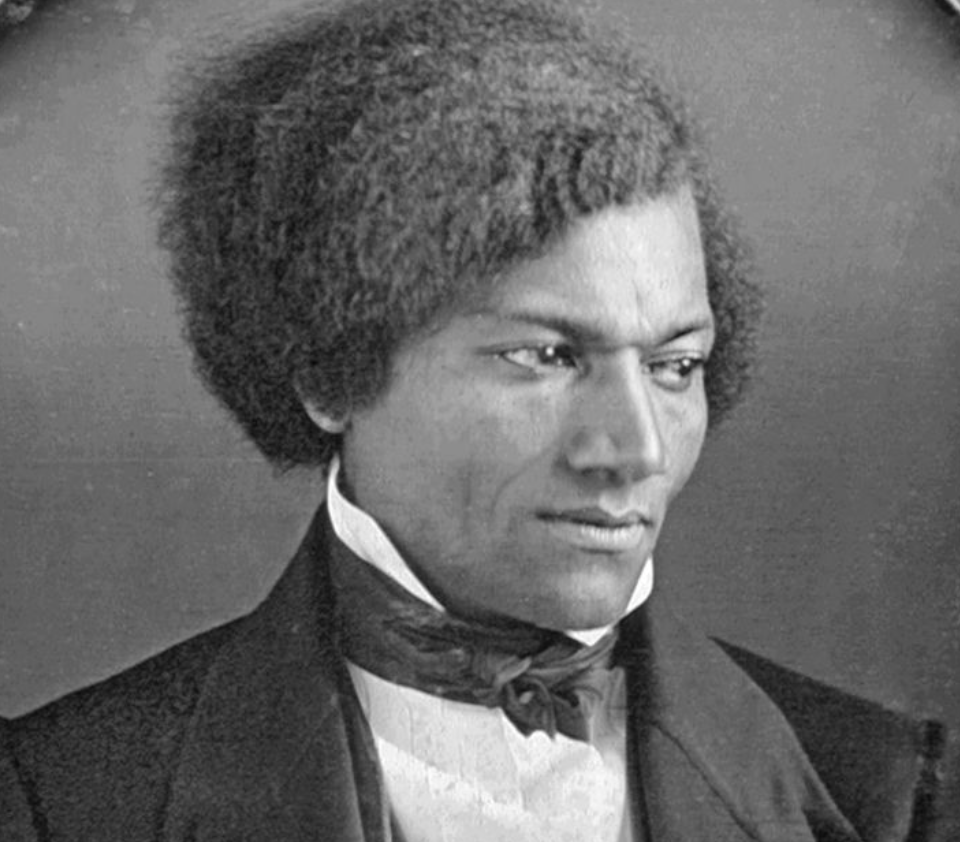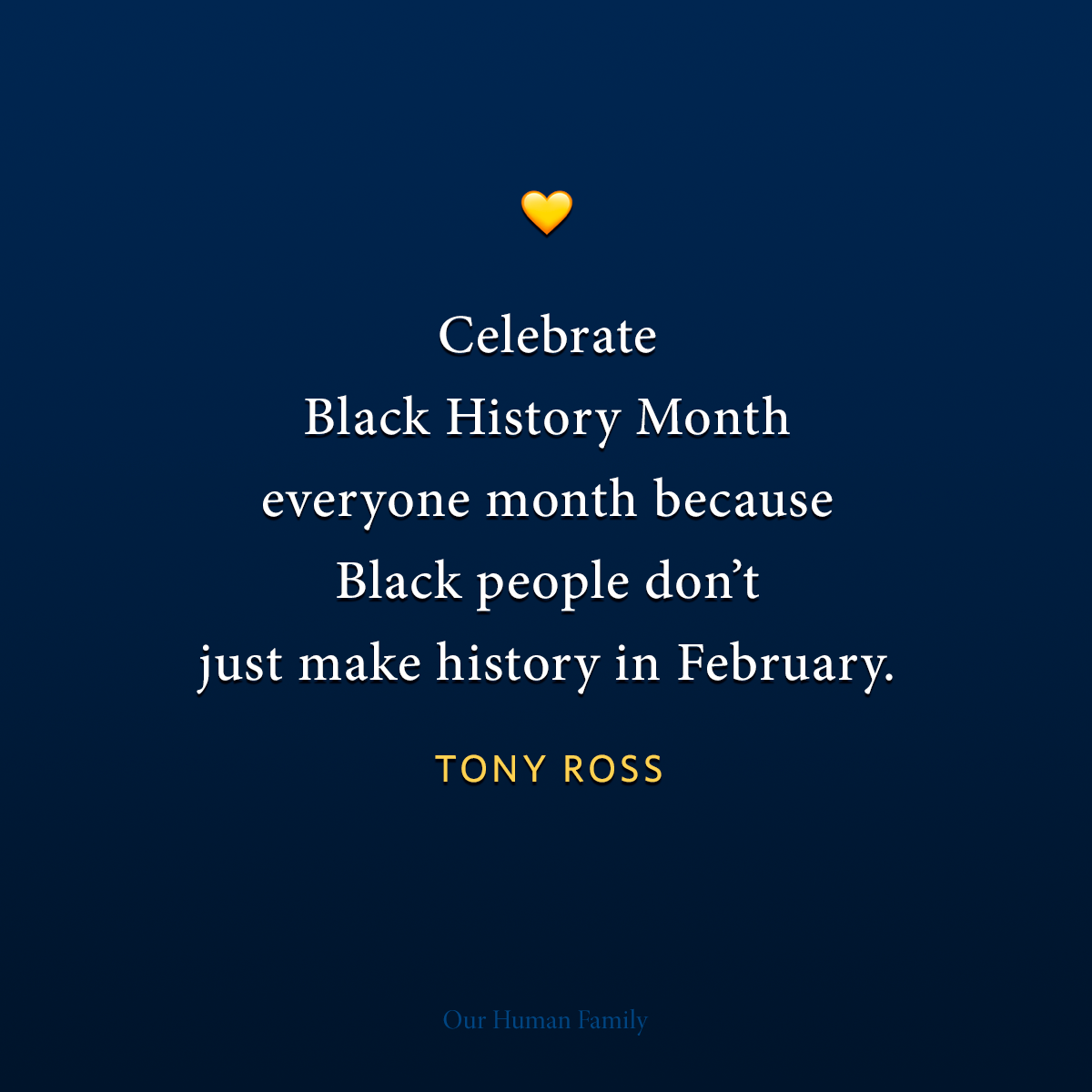Guest Editor’s Letter💛 Hey Reader, Way back in 2020, a man struggling to regain mastery of his life entered a convenience store to buy something he needed. It’s not clear what happened next because there is no record of the conversation he had with the clerk, nor is there evidence of his alleged behavior. We know a lot about his past, both the good and the bad, but curiously, we do not know exactly what transpired in that convenience store. But we do know this: he was then accosted by the police, who proceeded to take him down to the ground and kneel on his neck for 9 minutes and 29 seconds until he was dead. He cried out for help to those who had given him life and who had always believed in and loved him. Those who surrounded him as spectators tried to intervene, but the police prevented them. Those who came to help him as trained medical professionals were also denied, and so George Floyd spent the last ten minutes of his life in terror, pleading for his life, with one police officer ensuring his death and three others watching him die. We know more about those last ten minutes than how most people die at the hands of the police because there were a few people who recorded the events and then shared the unedited, unpolished, un-explained-away video with the world. That video of Floyd’s death started a fire that circled the world. Protests broke out in many cities, not just in the United States of America but in many other countries, as ordinary citizens, enraged at the ease of inflicting death upon Black people by police who casually choked a man to death, came together en masse to say “Stop! Enough!” The “Black Lives Matter” movement was part of this protest, and the reaction this time to the acceptable brutality of Black people by the police wasn’t just a shrug or even a prayer of thanks to God for escaping the same fate. This time, the protest was enough to move the nation. Politicians spoke out against it and started working on laws to prevent this type of police brutality. Faith leaders spoke out against this and began a renewed search to understand how their faith had turned them away from empathy and compassion toward the oppressed. Communities began to investigate their own responses to the lives of Black people in their midst more deeply. Corporations responded by pledging support for increasing their employment of Black people and increasing their sales outreach to the Black community. Some posted commitments to this and promised to promote Diversity, Equality, and Inclusion, or DEI, going so far as to set up business units whose purpose it was to implement this commitment in their employment, from interviewing and hiring candidates to promotions that acknowledge the reality of holding back Black people by simply choosing white candidates. Even schools across the nation responded by not just talking about diversity but setting up courses and majors that included an emphasis on DEI. It was a nascent spring of hope and generosity. At last, we said, we have turned away from the anger and hatred and misunderstandings of the past. At last, we are choosing to do what’s good and what’s right. “At last, Aslan has come and made all things right,” said those familiar with the stories of Narnia. Well then. Here we are in 2024, and DEI is being beaten back like a rising tide encountering a hastily erected breakwater. Companies are abandoning their public commitments, erasing their statements from their websites as if those promises never existed. Faith communities are rejecting the idea of racial equality in their practices, declaring the examination of racial bias to be a heresy opposed to the central tenets of the faith and firing or retiring teachers who object to the restoration of white supremacy. Communities are taking a second glance at their ideas of equality, finding them contradictory to the ideals of policing. And public schools and universities, with the assistance of eager politicians, are rejecting and erasing the very idea that an education includes the examination of our past and an appreciation of the contributions of all people and the inclusion of all people through the promises offered by DEI. Florida, for example, recently fired its DEI employees and shut down DEI courses. Other states are terminating even the slightest commitment to promoting a just, equal, and representative society. We are racing back to the Way Things Always Were so fast that it’s hard to believe it was just four years ago that we all watched George Floyd die in front of our eyes on our mobile phones or our family room TV sets. There’s this sinking feeling that none of what we did in protest and nothing that we achieved through protest mattered. The reaction to DEI and the ideals of racial equality and equity are not only opposed but any achievements are being rolled back. For those of us who worked so hard to build connections, create movements, and establish a foundation, the blowback is not just disheartening but disillusioning. Why do the work when it doesn’t matter? In the end, things will return to what they have always been, ever since the first ship from Portugal carrying African captives landed on the shores of New England. Let me stop you right there. White supremacy is not a matter of simply informing people of the data. It is about something else, something deeply embedded in the emotional identity of white people. The way forward to destroy white supremacy is not a one-time thing, and has never been a one-time thing. There is no single magic bullet to take down white supremacy. It takes many, many people doing many, many things in one-on-one relationships and in community within larger groups that are needed to overcome the default position in America of allowing racists to be racist. America’s history shows two things. The first is this: Every advance of human rights has endured vociferous blowback from those whose power is entrenched in the racial dynamics of white supremacy, who are shocked at first by the unexpected roar of disapproval and rejection of said white supremacy, but who then respond with even greater energy to oppose and push back any achievement of equality. We saw it when the American Civil War ended–it took the racists ten years, but by 1876, a copy of enslavement was put into place called Jim Crow. It instituted a virulent but legal form of oppression nearly as great as legal enslavement. Notionally, the Civil War Amendments granted Black men the same civil rights as white men. But still, the reality of Jim Crow, approved by all three branches of the federal government, stripped Black men of their civil rights in the very states where they had once been enslaved–and even further. We saw the explosion of technology and industrialization across America, but Jim Crow kept Black people not only from the enjoyment of life, liberty, and the pursuit of happiness but also from sharing in the growing prosperity of the developing middle-class property owners. Forescore and eight years later, the Civil Rights Era began to cash the post-dated check, but not a year later, after the signing of the Civil Rights Act (1964) and the Voting Rights Act (1965), the blowback roared against the gains. The 1966 election saw the House of Representatives recaptured by the Republicans, and the 1968 election pivoted on the coded message of Richard Nixon to white racists that he would put them back in power as the “Silent Majority.” Ronald Reagan started his campaign from the very place where three Civil Rights martyrs—James Chaney, Andrew Goodman, and Michael Schwerner—were killed in Neshoba County, Mississippi, signaling to even the sleepiest voter that white people were going to again simply trample over any gains achieved by their deaths. Barack Obama’s incredible win in 2008 was immediately opposed by a Republican Congress who vowed to make him a one-term president and, with the encouragement of conservative radio stars, did everything in their power to deny even the most minor achievement of a Black man put into place over white people. So it is no surprise to see that the outrage over George Floyd’s death is resisted so strongly and with so many people in power doing all that they can to deny evidence of racial inequity that is right in front of their eyes, whether it is the literal video of Floyd’s death by suffocation or the research presented in The 1619 Project. White supremacy is not a matter of simply informing people of the data. It is about something else, something deeply embedded in the emotional identity of white people. And as an emotional identity, it cannot be changed by seeing a tragedy or reading a thesis. The reality is that every effort will be opposed, so much so that the achievements are rolled back. We cannot simply give up. The efforts to roll back gains won’t stop with just the gains. The achievements of fairer, more just employment can be taken away by a popular vote and affirmed by a judicial system unless we do all that we can. . . . we have seen it done and done well by those who have worked in previous instances where justice moved forward. We must keep trying even though we are acutely aware that our work and our advances will be opposed. We must, because there is no other way to reach liberty and justice for all, words many of us were taught as schoolchildren, words that do embody the best that our country could do—if we want it enough and we push for it enough. So what about these present circumstances where our common achievements of Diversity, Equity, and Inclusion are opposed and overturned? Is this the effort by those who oppose justice that will finally destroy all hope forever, setting us on a path of increasing inequity and injustice? I do not believe that, not for a minute. Our history shows us that every action generates an opposite—and nearly equal—reaction. We have, in the past, endured terrible conditions after every advance. But we start from a place where it’s possible to do better because we’ve seen that it’s been done before. I believe we are going to go through a terrible time in the next few years as white conservatives, joined by those who agree with conservatism in general but hope that it won’t be as bad on those who aren’t white, become more restive with their idea that “their” country is being “taken away” from them. I believe that many people who are notionally on the side of civil rights are going to fade away into indifference because it’s not going to be the fun new thing anymore to advocate for Americans who are marginalized and excluded. The reality is that in history we see a pattern of slow, nearly imperceptible changes that grow liberty. And then we have a spasm where we take a great jump towards equality that is opposed by those who enjoy their positions of supremacy. Often, the advances are pushed back. But we start again. DEI initiatives were a gloss on companies to make them appear more empathetic to the cause of civil rights—but for many companies, it was a temporary nod to the market that wanted to see better from them. Rather than make real changes, they put on makeup that is easily removed when the limelight disappears. Some things that occurred are still in place. More Black people were hired. More of them have stuck around and are building their careers. We are renewing the push with visible advancements. The second thing about change is that we have seen it done and done well by those who have worked in previous instances where justice moved forward. Those who worked in the Civil Rights Era of the 1960s were preceded by those who worked in advancing civil rights in the 1930s, 1940s, and 1950s. We forget the men and women who sat down on buses and kneeled down in streets. We forget the boycotts of business and the marches along highways. We forget the students who occupied the seats of a lunchroom and the students who registered voters. These actions were not done sporadically and even impetuously. The men and women who worked tirelessly for at least two decades organized their efforts to achieve maximum effect. The efforts were visible manifestations of injustice. Why shouldn’t anyone be able to sit in a Woolworth’s diner and be served? Why shouldn’t anyone swim in a motel pool or rent a motel room? Why shouldn’t a passenger who pays full price for a bus ticket sit wherever they want, who pays full taxes for a school get the same level of education no matter where they live, and who applies for a job get the same consideration based on experience and education? The men and women of the Civil Rights Movement had the long view of history. The efforts to be treated equally in the creation of Social Security led to a limited, grudging entry to Black people even though Social Security, in its inception, was designed for the benefit of white people who were in certain jobs. Efforts to be treated equally in school admissions led to terrifying walks by schoolchildren across a hostile schoolyard in the face of both parents and their children shouting in their rage. But eventually, those efforts began to slowly pry funding and resources from established schools to schools attended by a mix of students. Efforts to vote freely led to terrible violence against ordinary Black voters and Black voting organizers. But the efforts continued, slowly and carefully planned, and eventually, Black people began to vote in larger and larger numbers. If we look only at our time in this present era, we can feel discouraged. The work that some have done seems to be for naught. But it is not only our work and our efforts. We are going to have to do the same things we’ve seen those who’ve come before us do. We must organize. We must strategize. We must work together. We must take every opportunity to achieve even the slightest goal. There will be advances, and there will be reversals, but over time, change is gonna come. The arc of the moral universe is long, but it bends towards justice—especially if we get lots of people to pull with all their might to bend it the way we need it. Stephen Matlock
Former OHF Weekly Editor
Black History Month 2024Tapestry PoemsArticlesEditorialsNewsletters
Anger, Racism, and Black Women
OHF WEEKLY, Vol. 6 No. 4 Editor’s Letter, Frederick Douglass: An American in Ireland (Parts I, II, and III), “Anti-Racism 101: Own Your Racism,” “Let’s Talk Black Excellence, People,” and a quote by Thurgood Marshall.
Read more on Black History, along with various topics in our Reading List.
What Do You Have to Say About It?Tired of inequities, inequalities, and racism? Help us eradicate it! Send us your most convincing argument in essay or poetic form. Tell us why Black folks are great! Set the history straight! Describe a life-changing experience! We want to hear it all. Send your polished drafts to Submissions@ourhumanfamily.org.
Final Thoughts
|
